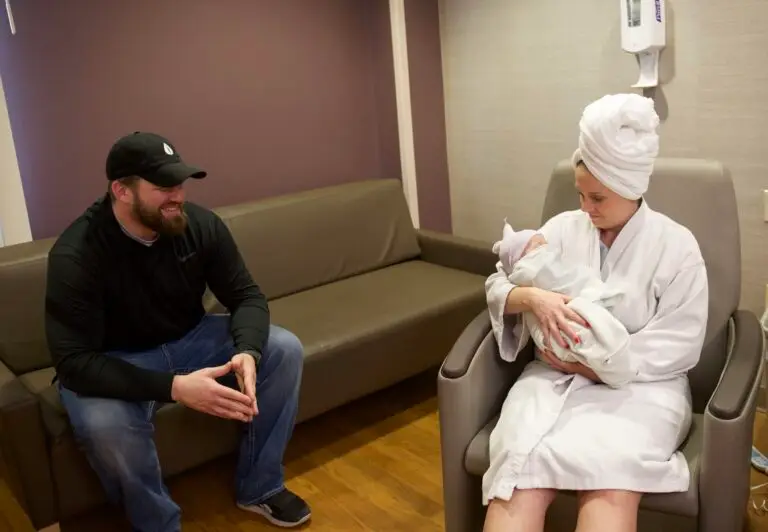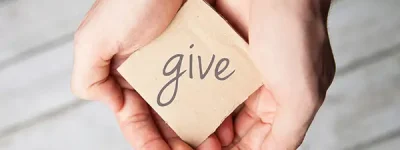New Baby



At RAMC, we understand that bonding and rest are essential for new mothers and their babies. Our Birth Center is designed to create a supportive and nurturing environment where you can focus on connecting with your newborn and recovering comfortably.
Our experienced Birth Center nurses are experts in infant nutrition and are dedicated to helping you establish successful feeding practices. During your stay, they will provide hands-on guidance to ensure you feel confident in feeding your baby. If you choose to breastfeed, a lactation specialist will visit you to offer specialized support and address any questions or concerns you may have.
Before Discharge
Before discharge, your baby will have some tests and procedures performed. Some of these may include, if applicable and desired:
- Keepsake Photos. The nurses in the Birth Center are a jack-of-all-trades! Photos of your newborn will be taken by your nurse and printed up on a keepsake for you to cherish for years to come!
- First Bath. The first newborn bath is delayed until at least six hours after birth to allow a chance for you and your baby to bond, establish feeding, and to allow baby’s temperature to stabilize. You and your family are encouraged to watch and help with the bath if desired.
- Hearing screen. The nurse performs this test by placing sensors on your baby’s forehead and back as well as over the ears. The hearing screener sends clicking noises to the sensors and if your baby’s brain responds to those clicking noises, the monitor determines whether there is the ability to hear from one or both ears.
- Cardiac screen. This non-invasive test screens for a group of heart conditions called critical congenital heart disease (CCHD). The test is done by the nurse and only takes a few minutes. A probe is placed on your baby’s hand and foot, which measures the amount of oxygen in his blood.
- Neonatal Screen. This lab test is required by Wisconsin state law to protect the health of babies. The test involves a few drops of blood to be drawn from the heel of your baby’s foot. Over 40 different disorders are tested for from these samples of blood. If a condition is identified, your healthcare provider is notified, and will discuss with you the plan of care for your baby.
- Jaundice Screen. A transcutaneous bilirubin meter is used to measure the amount of bilirubin in your baby’s skin. Bilirubin is the substance that can build up in your baby’s body and cause jaundice.
- Car Seat Tolerance Test. If your baby was born at less than 37 weeks gestation, or weighs less than five (5) pounds, five (5) ounces at birth, a car seat tolerance test will be performed. This test measures your baby’s oxygen level, heart rate, and respiratory rate while he is secured in his car seat. If any of these levels go out of normal range, your baby may need to ride in a special car seat, called a car bed, for a few weeks until he is retested.
- Blood Sugar Checks. If you are diabetic, or if your baby was born larger than usual, smaller than usual, preterm, or sick, he will need his blood sugars checked periodically after birth until it is determined that they are stable.
- Circumcision. If you have a baby boy and choose to have him circumcised, your healthcare provider will discuss with you the best time for this to be done. Many times it is done prior to going home.






